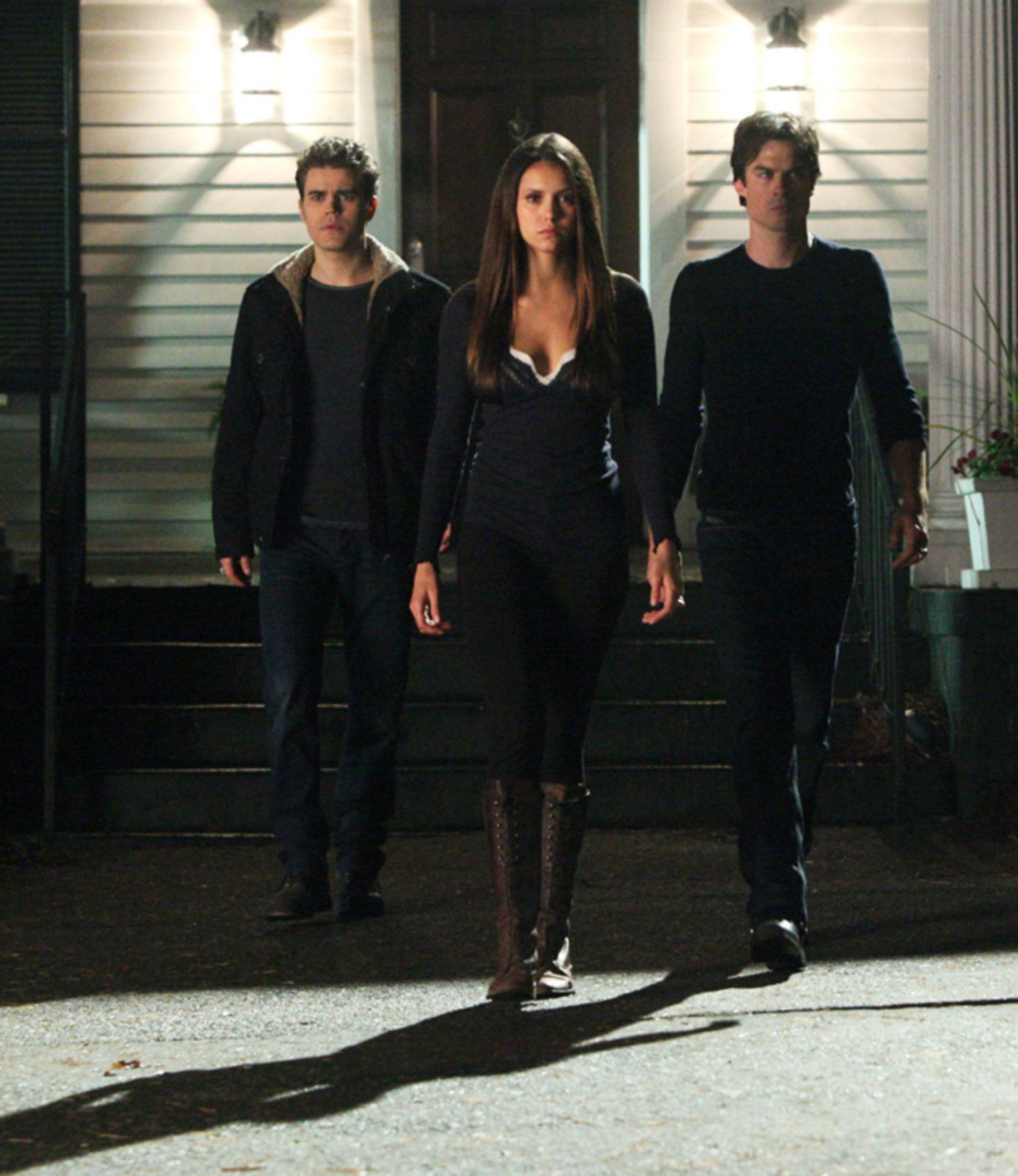Rap Sh!t is Exploring Diversity Within the Black Female Perspective
Issa Rae’s new show, Rap Sh!t, is already a significant contributor to the growing range of Black female perspectives in mainstream media. Watching it, I’m reminded of how Awkward Black Girl affirmed me in a way the 2010s’ TV portrayals of Black women never did. I remember what a relief it was to see a different kind of Black girl on my screen. One who wasn’t the stereotypical “Angry Black woman” or altruistic and full of wise, perfectly timed nuggets of advice. Someone who was just awkward, like me.
I didn’t watch many shows with predominantly Black casts during my teenage years. Instead, I was watching Charmed, One Tree Hill, and Gossip Girl. I often felt that people simplified the idea of representation, that I was expected to relate to any show with a majority Black cast because they were the same color as me.
As the child of Senegalese Muslim immigrants, the family depicted in “My Wife In Kids” was no more representative of mine than the one featured in “8 Simple Rules.” Unfortunately, the shows I watched had limited, often one-dimensional minority characters. I could have encountered multidimensional Black characters much sooner had I consumed more media created by and featuring Black artists, but hindsight and all that.
I took for granted the impact of these shows. I didn’t think about the fact that TV shows featuring one Black woman can only tell a single story, which can easily lead to the overrepresentation of some perspectives. As the Black feminist scholar, Stephanie Troutman Robbins stated, “for a while in television, you had extremes. You had the Black criminal stereotype and all the negative tropes associated with Blackness on the one hand, and you had good, assimilating, respectable Black characters on the other” (Harwood, 2022, para. 7).
Because of the large number of Black women in the Rap Sh!t cast, the show can incorporate characters that could easily become stereotypical if they were the only portrayal offered. Instead, we experience the comedic tension that comes from the differences between the show’s two leading ladies. We have Shawna, the “conscious rapper,” who went to college, usually wears her hair natural, wears pantyhose to the club, and is comically described as having “nonprofit vibes”. Meanwhile, Mia is a single mom with multiple jobs she has a complicated relationship with her baby’s father and comes from an unstable home environment.
The two differ in their physical presence, the way they speak, and the assumed differences in the paths their lives were expected to take. They both surprise us in ways that add dimension to their characters. Mia’s real life is more chaotic than her social media presence suggests. Though Shawna went to college, she didn’t graduate. We quickly learn her character is not as straight-laced as people assume.
Rap Sh!t’s diversity goes beyond the lead characters. It features queer characters, sex workers, Haitian Creole speakers, incarcerated characters, and law students. The show centers on women who don’t quite have their lives together. Their commitment to their dreams is depicted in a way that is inspiring and empowering. We see Black people struggling to support themselves, make their dreams come true, and fulfill their responsibilities.
In my opinion, it is a cast without villains. There are conflicts on which the side we’re supposed to be on is obvious, but later we’re encouraged to question that perspective. There are plenty of examples of humans making bad decisions. Some of the characters’ choices are easy to challenge, but the more we get to know them, the more we sympathize with their predicaments.
Everyone is doing the best they can with what they have. With its varied cast, portrayal of hustle culture, and true-to-life incorporation of social media, Rap Sh!t is specifically an illumination of Black women and generally an exposition of some of this generation’s most distinctive attributes.
Sources
Harwood, L. (2022, February 21). The evolution of Black representation on television. Arizona News. other. Retrieved August 9, 2022, from https://news.arizona.edu/story/evolution-black-representation-television.
Rose Fall is a Los Angeles-based writer and musician. She writes about music, food, travel, and a long list of other topics. She’s written for Vinazine, Pop Mag, Reclamation Mag, etc. You can find her music on all the major streaming platforms and Instagram.
Socials:

















Unveiling how Black culture and style ignite sci-fi and pop culture trends; a celebration of Afrofuturism’s profound influence.